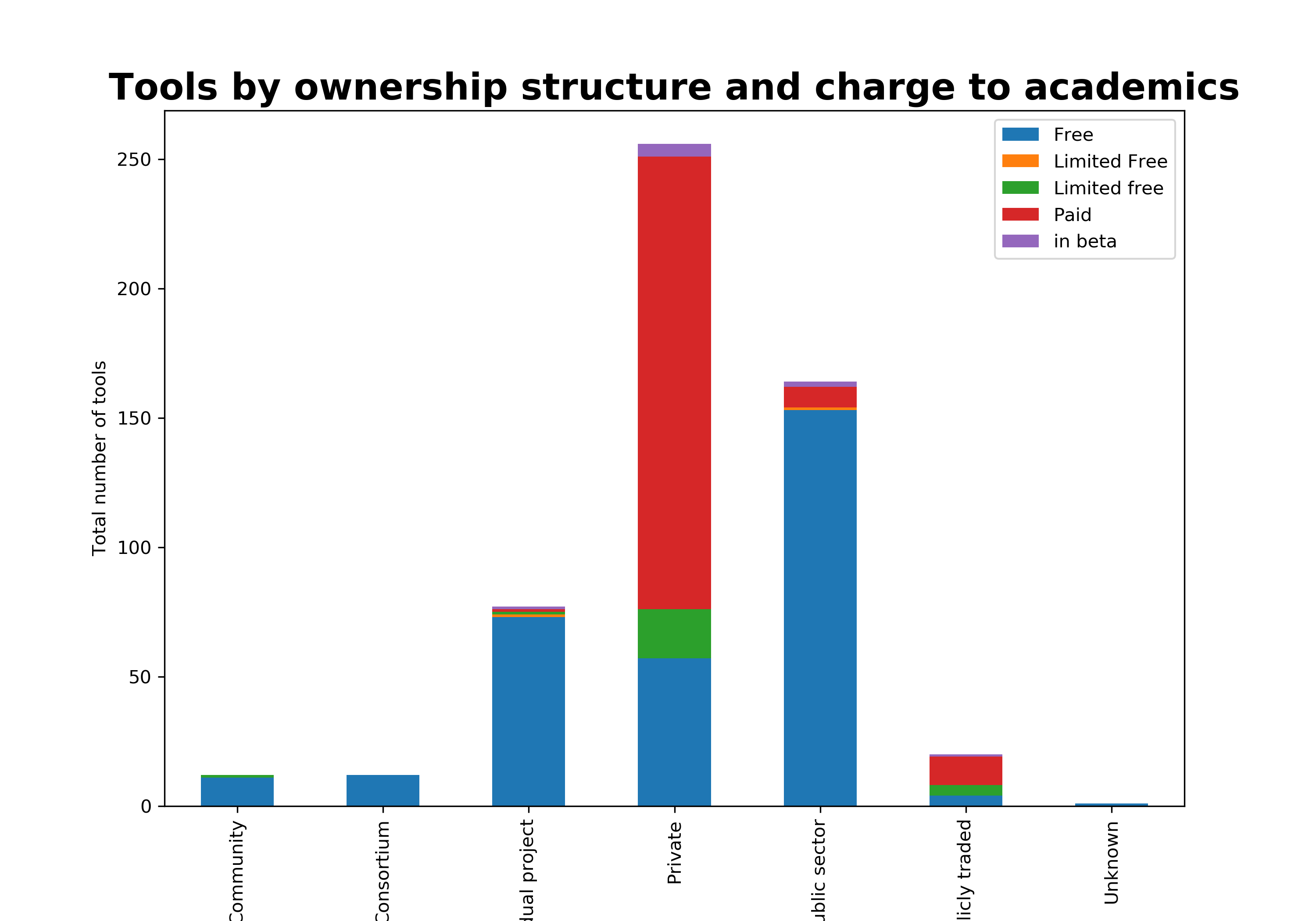Using and developing software in social science and humanities research
This blog was originally published on SAGE Ocean
Looking at software for research in social sciences is one of the key areas within SAGE Ocean. In a 2016 white paper on who is doing computational social science, we asked social science researchers about using and sharing software and code for working with big data. Over the last year, we’ve been exploring the different software and technologies used by social science researchers for a variety of purposes, like surveying, text annotation, online experiments, transcription, text mining, tools for social media research (see the work on collecting data, linkedin, landscape of tools, weibo ) and finding industry partners. We’ve picked out some of the trends from 400+ tools in this space and are drafting a white paper that we’ll share in the next few weeks.
Whilst analyzing these tools and investigating researchers’ challenges, both with developing and using the software, we wanted to do a virtual raise-your-hand with our community to understand the extent to which software and code is being used and developed in the social sciences right now. So we ran the research software survey developed by Simon Hettrick at the Software Sustainability Institute. Simon already surveyed researchers across faculties at Southampton *twice* (preview the results), and is working with a growing list of universities that are interested in understanding how much support their own researchers need around software development. Simon’s aim is to open up all the data in this GitHub repository, so others can re-use and aggregate it.
What did we find?
More than three-quarters of the respondents think that software is important or critical to their research. While 85% use software, only 10% have developed their own software. I was surprised by this figure, considering that close to half of the tools we found were developed within universities or by individual researchers (more details in the upcoming white paper). Although Simon’s data covers researchers from a single university, his numbers show that across disciplines, there are only 33% that develop their own software. This could indicate that social sciences and humanities are not that far behind!
What is more reassuring is that over 20% of the respondents said they hired someone specifically to develop software. Ideally, they would prefer to recruit a developer from an institutional pool of technical experts, which means that universities should look into the needs of researchers across all disciplines when it comes to software. Interestingly, close to a quarter of the respondents included costs for software development in their funding requests, another positive sign that central pools of research software engineers may be in demand.
Method and respondents
We published a link to fill in the survey in our Big Data Newsletter in July this year. Our newsletter goes out to about 300 thousand subscribers worldwide, and within just a couple of days, we got 149 responses, a relatively small but promising sample. We assumed that most of our subscribers are from social science and humanities related faculties (85%) and are either teaching or doing research within a university (91%). Most respondents are receiving grants from a national or international research council (50%), some receive funding from a charitable fund (15%) or their own university (14%).
Unfortunately, where the questions were not compulsory, only 14 or 15 people answered, so I left these out the current analysis. I manually cleaned and aggregated the faculty and funding type, as many respondents elected to fill in ‘other’ and there were too many types as a result. I also aggregated the role based on the closest equivalent role to what the respondents filled in.
And yes, we did have a lucky £50 gift card winner, who can boast all about it to their colleagues and more widely, if they chose to 😁.
Raw and cleaned data is available here.
You can read a detailed report of our findings in our new white paper. Download it here.




